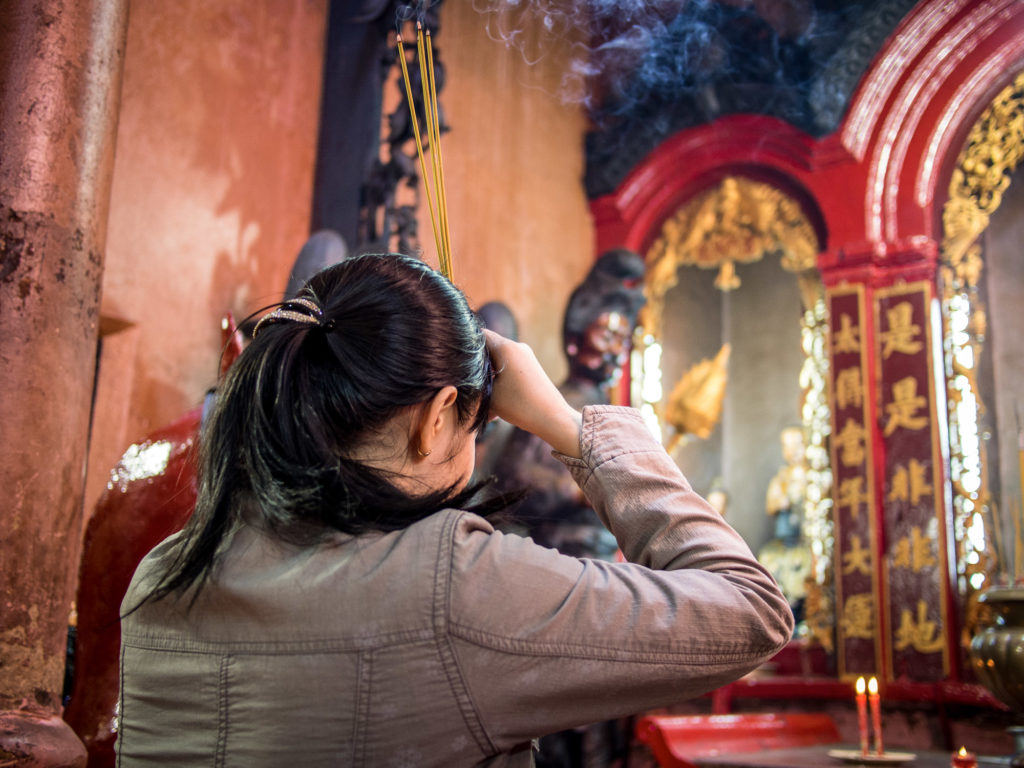By the time Bindi was 16, she had already endured more pain than most people experience in a lifetime.
The man who was supposed to teach her what safety and trust felt like, her father, had done just the opposite through years of abuse. The woman who Bindi looked to for protection and guidance, her mother, was bedridden.
So Bindi did what she could to avoid her dad and pay for her mom’s medical treatments.
At first, Bindi was just gathering scraps of cloth to sell for mere pennies each, but the money she earned from picking rags wasn’t enough to keep food on the table, much less pay hospital bills. Bindi went hungry many nights before leaving the rags behind to search for food for her ailing mother.
A man who knew of Bindi and her family’s vulnerability took advantage of the situation and began exploiting her. Overwhelmed by the demands of her mother’s condition and impending starvation, Bindi was soon being exploited by other men in the city to survive.
This is a heartbreaking reality for many women around South Asia who are abused at a young age and left in poverty to care for their family members. Especially for teenage girls from rural regions, job opportunities are often presented that encourage moving to big cities to become secretaries or fellowship students. Enticed by the prospect of making a sustainable income to support their families, many move to bustling metropolises only to find that their prospective boss is, in reality, a trafficker.
These exploitations are horrific symptoms of a broken and diseased system in which women are viewed as less valuable than men.
You are helping disrupt this toxic mindset by funding a safe home for teenage girls in one of the world’s leading regions in sexual violence against women—South Asia.
This safe house helps young women who have escaped brothel slavery or who are highly at risk of being trafficked. All seven parts of the program are tailored to make these girls feel protected and comforted throughout the aftercare process: the goal is to see marked progress in their
1) improving self-image,
2) reducing PTSD symptoms,
3) eliminating Stockholm Syndrome with abusers,
4) understanding safety measures for the future,
5) improving healthy social relationships,
6) learning a trade, and
7) experiencing physical, emotional, and spiritual healing.
Young women are given opportunities to pursue an education and are encouraged to express themselves creatively as a form of therapy. This newfound freedom of expression has led to many poets-in-the-making at the safe home, and the resulting confidence and individuality is an honor to witness.
We ask that you join us in praying for these resilient souls’ recovery and redemption as they work through the process of overcoming years of trauma.
Published January 14, 2020
